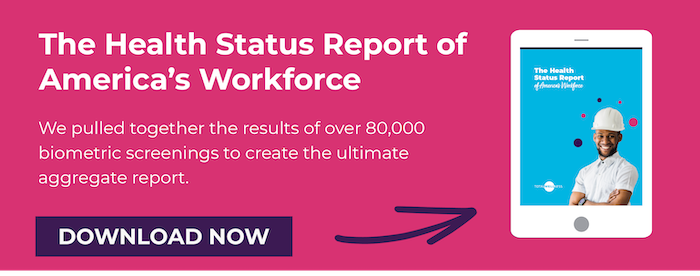We all know that exercise can transform your body and physical appearance. It lowers blood pressure, melts off excessive pounds, and builds muscle. But did you know that regular exercise also improves your brain function and mental health?

As we get older, our brains begin losing neurons and eventually our brain tissue starts shrinking. Physical activity can help combat the effects of an aging brain and keep it sharper longer. As for mental and emotional health, exercise releases certain chemicals in your brain that help boost feelings of happiness and wellbeing.
While there are many reasons to regularly exercise and live an active lifestyle, the positive effects that exercise has on the brain and mental health might just be enough reason to get up and get moving today. Read on to learn just how beneficial exercise is to your brain and mental health:
Exercise and Brain Function
Regular exercise improves brain function in a variety of ways:
Promotes brain cell growth. Exercise creates new brain cells in the hippocampus (the part of your brain that’s responsible for memory and learning) which helps improve overall cognitive function and keep your brain healthier for longer.
Maintains coordination. Exercise helps to improve and maintain your coordination because it forms neuromuscular pathways to allow your muscular system to coordinate with joint movements more smoothly and efficiently.
Helps prevent dementia and Alzheimer’s. Because exercise prevents cognitive decline and degeneration of the brain, a person who exercises regularly can lower their risk of dementia and Alzheimer’s. Exercise is also sometimes used in dementia and Alzheimer’s patients as a treatment to help ease some of its symptoms.
Improves learning. Studies suggest that an intense workout increases levels of BDNF (brain-derived protein) that is deemed to aid with higher thinking and learning capabilities.
Sharpen memory. Because exercise increases production of brain cells in your hippocampus, you can expect better retention skills. This study showed that adults had better vocabulary retention after running sprints.
Lengthens attention span. Physical activity is tied to longer attention spans. It has also been considered as an “ADHD medication” because of its abilities to rebuild attention spans through improved cognitive function.
Improves executive function. This includes decision-making, multitasking, planning, and organizing skills. Because exercise provides more blood flow to your brain, you can expect your productivity to soar, along with improved thinking capabilities.
Exercise and Mental Health
Regular exercise has been shown to be one of the most effective preventative measures you can take for your mental health:
Depression. Research shows that regular physical activity can help prevent and even treat mild to moderate depression. It is said to be as effective as an antidepressant medication – without the harsh side effects! Another great perk of exercise is that it can serve as a distraction or an outlet for release of emotional distress. It lifts your spirits and promotes feelings of calm and wellbeing by producing mood-boosting chemicals like serotonin, dopamine, and endorphins.
Anxiety. Regular exercise naturally treats anxiety. It relieves tension and stress in your body while also boosting energy. Physical activity promotes wellbeing by releasing endorphins, which make you feel good all over. One session of vigorous exercise can help alleviate symptoms of anxiety for hours.
Stress. Exercise acts as a form of stress relief. It lowers cortisol levels – your body’s stress hormone. Lowering your cortisol levels will help you think more clearly and rationally. Exercise also relieves tension and relaxes muscles, which helps to fight the negative effects that stress has on your body. Additionally, regular physical activity will also help improve your sleep, which naturally reduces stress and its side effects.
If you’re feeling a bit down or feel like you need a brain boost, try going for a jog, taking a trip to the gym, or walking your dog. Get your mental muscles flexing with exercise – it’s one of the best ways to improve cognitive, mental, and emotional health!
What are some other ways that exercising can improve your body and mind? Share in the comments below!
Image created by Jcomp - Freepik.com



